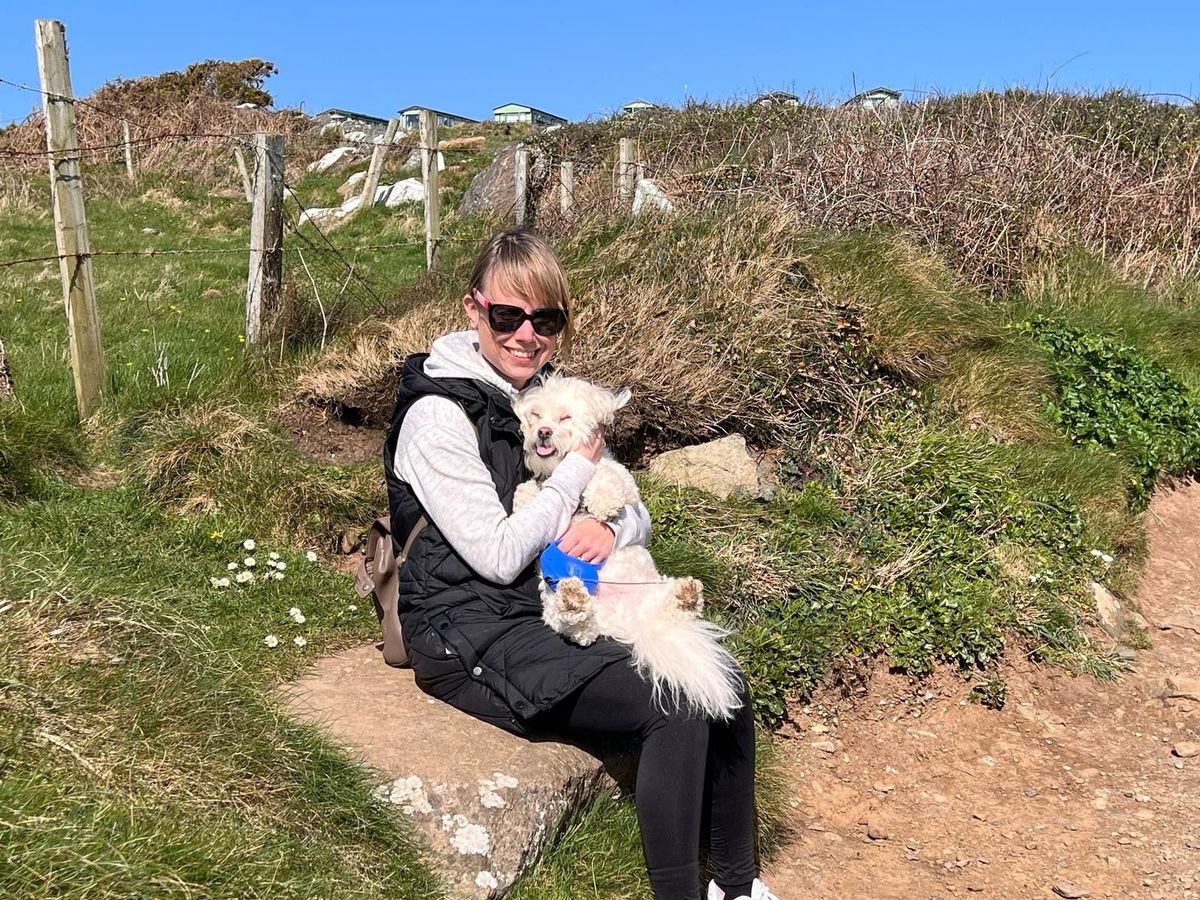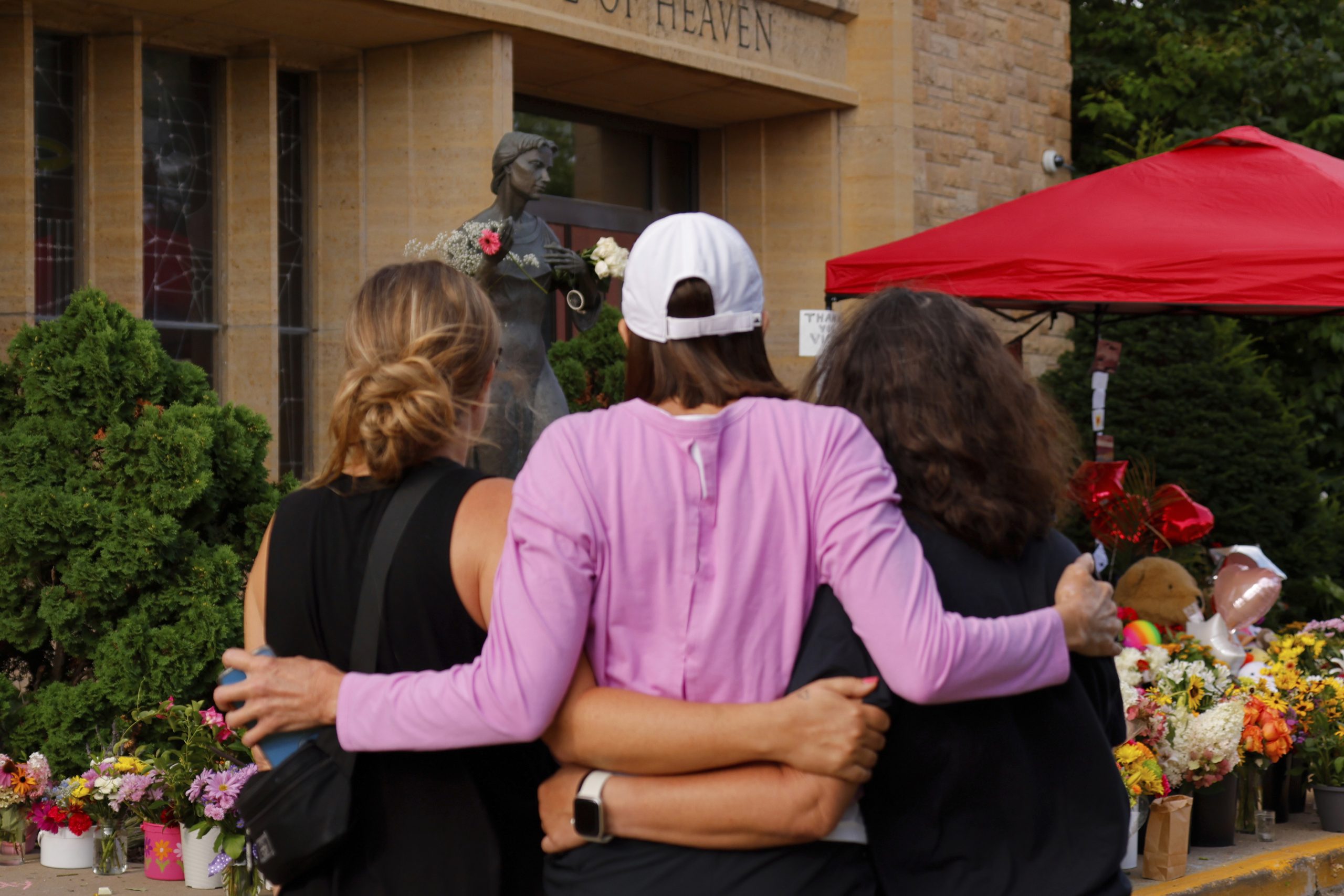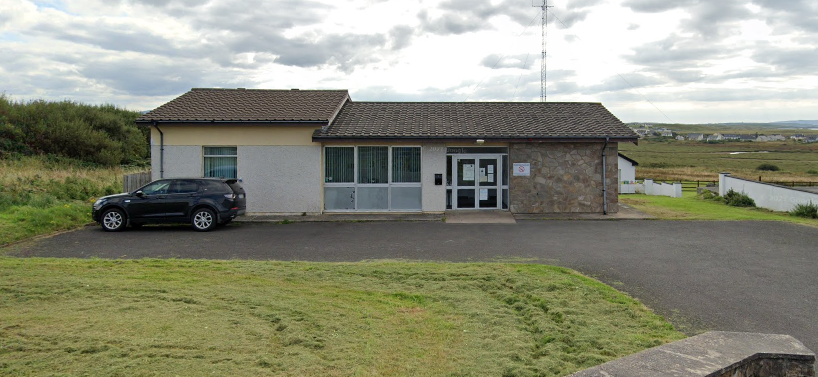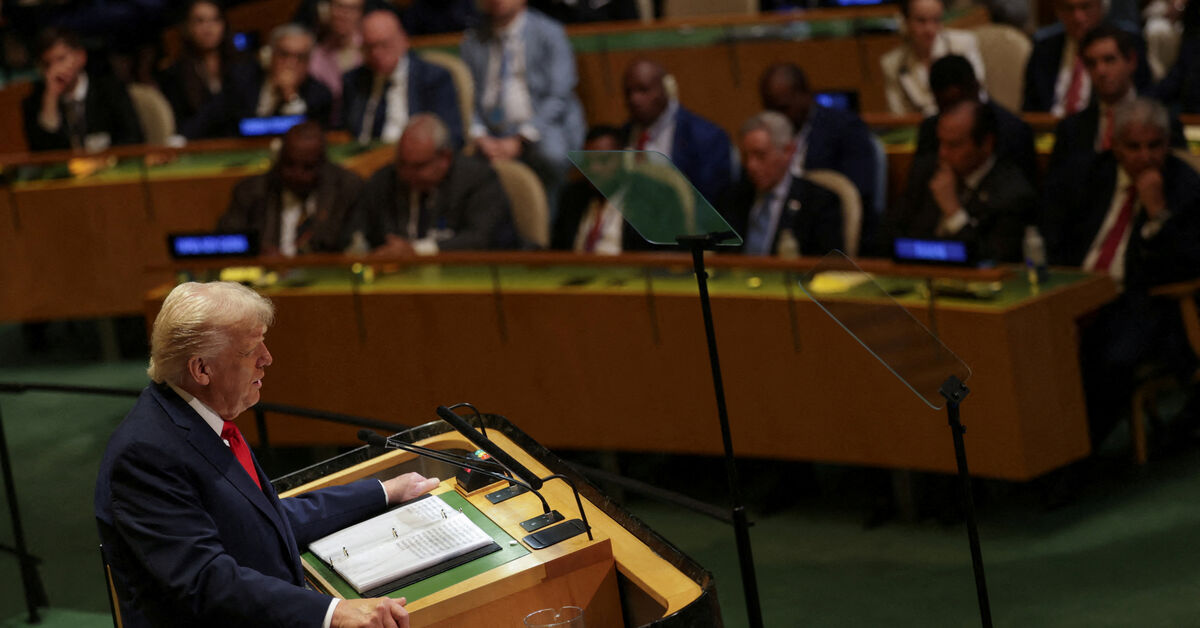Woman had just completed half marathon and was at the top of her game then it all came crashing down
By Lois McCarthy
Copyright walesonline

When Rachel Reed was diagnosed with stage four bowel cancer at the age of 33, it turned her world upside down. Fit, active and having just completed the Cardiff Half marathon – she never imagined cancer would be the cause of her stomach pains or tiredness. Now, at the age of 40 – seven years after her initial diagnosis – and in remission, the Pontypridd woman is sharing her powerful story in the hope of helping young people spot the signs sooner. Rachel began experiencing symptoms around 18 months before her diagnosis, which came in 2018. She was unusually tired, suffered abdominal pain, and experienced a burning sensation in her stomach after eating certain foods. Despite numerous visits to her GP, she was repeatedly told it was likely irritable bowel syndrome and prescribed Buscopan. Read here about the woman who would sleep for several hours after dropping her daughter off at school – then discovered why . “I started self-treating, thinking it was IBS or a food intolerance to gluten and dairy,” she recalled. “When I changed my diet, drank peppermint tea and took probiotics, my symptoms would sometimes improve – so I believed that was all it was.” She was also managing chronic psoriasis and was on a biological drug called Infliximab, which suppresses the immune system. “I assumed my symptoms might be linked to the medication,” she explained. “There were so many possible causes, cancer just didn’t cross my mind. No-one in my family had ever had it.” By spring, 2018, her condition had worsened, and she was admitted to hospital twice. A CT scan, MRI and ultrasound picked up an ovarian cyst, but nothing else. Rachel pressed on, even requesting a colonoscopy, but her GP advised it wasn’t necessary. It was only when she saw her dermatologist that alarm bells began to ring. “He looked into the side effects of Infliximab and realised my symptoms didn’t fit. He arranged a colonoscopy – and that’s when they found the tumour.” The news came as a devastating shock. “They told me I had a lesion on my appendix, so I walked into the appointment unaware I’d be getting that kind of diagnosis. The worst I thought it would be was an inflamed appendix. It was terrifying.” Within two weeks, Rachel underwent major surgery. Surgeons removed two sections of her bowel, performed a hysterectomy, and created a stoma. “It was so much to deal with. But I was lucky to have incredible support from my husband Dean, my wonderful stepson Jac, and my nieces and nephews, who gave me reasons to smile again.” However, not long later, she was told she had stage three bowel cancer. The ovarian cyst, it turned out, was part of the cancer’s spread. “Because I was so young, no-one considered advanced bowel cancer,” she said. “But it had spread outside my bowel. When you find out news like that, your brain just shuts down. You try to protect yourself from the fear.” Rachel began chemotherapy but struggled with extreme side effects. “Breathing in cold air felt like choking. Washing my hands felt like plunging them into needles. I couldn’t eat, couldn’t sleep, and was constantly sick. Dean had to help me with everything.” Just as she was beginning to recover, another scan in September, 2019, revealed the cancer had spread to her lung. “That made it stage four,” she said. Another surgery followed in November, then further chemotherapy through to April, 2020. “You feel like you’re in a lone land,” Rachel continued. “An isolated place, especially when you are that young. I was always the youngest in the waiting room, the youngest in the chemotherapy unit. You start questioning yourself – wondering if you did something wrong. I blamed myself. I wondered if it was the biological medication, or something else I’d done.” The emotional toll was enormous. “I was really healthy. I’d just done a half marathon – all with a tumour inside me. Then you see the upset it causes your family, and you start to feel responsible, even though of course it’s not your fault. There was no way to find out why the cancer came.” However, there was light at the end of the tunnel. In April, 2020, Rachel received the news she had been longing for – she was in remission. Stay informed on the latest health news by signing up to our newsletter here “I had a clear scan and couldn’t even celebrate properly because everything had shut down,” she laughs. “But I was so thankful. A stage four diagnosis… I didn’t think I’d be here.” Five years since she was declared in remission, everything Rachel does, she never takes for granted – even the things that many people dread doing. “I love going to work! I get a buzz when I get in the car in the morning. “And last December, I turned 40. I know lots of people don’t even like the idea of it, but I was ecstatic. It’s mad, but I just never thought I’d get there. That I would do something as normal as going back to work.” Rachel was recently discharged from cancer surveillance – a milestone she describes as “incredible.” Her GP has remained supportive, ready to arrange extra checks whenever needed. “The NHS acted so quickly with me – I’ll always be grateful for that.” Yet, there have been moments where recovery has been less than straightforward. “There’s a pressure to be positive. People think you’re back to normal when you’re in remission – that you can just bounce back. But your body has changed. I’ve been going through menopause. I had a stoma for two years. I’ve lost parts of my bowel. I can’t have children. And I still have regular hospital appointments to rebuild my muscle, lost after months of chemo.” She also continues to deal with the emotional impact of her experience. “I feel guilty talking about how hard it is, because I survived. But surviving doesn’t mean it’s over. It’s really hard to move on.” She admits to cope with what she’s been through, she’s using her story to raise awareness and support research that saves lives, using her Instagram @rachyreedy as a platform. “If I can stop even one person from being diagnosed as late as I was, it’s worth it,” she said. “There are so many young people who think cancer won’t happen to them – I thought the same “I have met loads of patients in my experience, including women my age and younger. Sadly, there was a 17/18 woman who passed away from bowel cancer recently – it’s these kinds of horrendous, harrowing stories that drives me banging the drum and raising awareness to try and save these young lives.”



